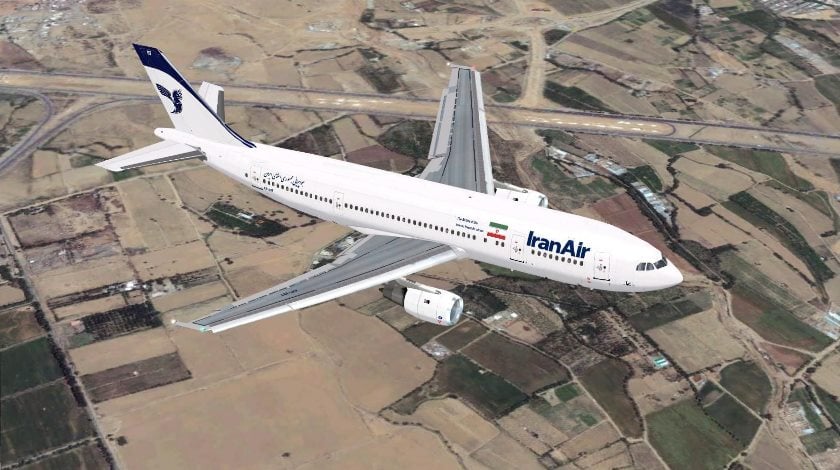Iranian officials have signed two agreements with Airbus covering orders for 118 airplanes and a comprehensive civil aviation cooperation package, the European manufacturer confirmed Thursday. The sides signed the agreements at the Élysée Palace in Paris, during Iranian President Hassan Rouhani’s official visit to France with French President François Hollande.
Iran Air has signed an agreement with Airbus for the acquisition of what Airbus calls the full range of its new airliners, including 73 widebodies and 45 narrowbodies. The deal includes pilot and maintenance training and support services.
Airbus also announced that Iran’s minister of roads and urban development, Abbas Ahmad Akhoundi, signed a “cooperation agreement” to support the development of air navigation services (ATM), airport and aircraft operations, regulatory harmonization, technical and academic training, maintenance, repair and industrial cooperation.
The two agreements took place as part of the implementation of the JCPOA (Joint Comprehensive Plan Of Action) on January 16 and its associated rules and guidance. Under that deal, Iran has agreed to significantly curb its nuclear ambitions and allow the International Atomic Energy Agency regular access to its facilities for inspection.
Iran Air’s contract includes orders for 21 airplanes from the current A320 family, 24 A320neo-family airplanes, 27 of the current A330 family, 18 A330-900s, 16 A350-1000s and 12 A380s. The deal for the A380s comes as a particularly welcome boost for Airbus, which has struggled mightily to sell the superjumbo in recent years.
“Today’s announcement is the start of re-establishing our civil aviation sector into the envy of the region and along with partners like Airbus we’ll ensure the highest world standards,” said Iran Air chairman and CEO Farhad Parvaresh.
Economic sanctions imposed on Iran by the West for many years have hindered the development of its air transport industry, leaving the likes of Iran Air with decrepit fleets of maintenance-intensive aircraft, many acquired before the 1979 Islamic Revolution. A lack of availability of spare parts kept many airplanes grounded or flying in questionable condition, making Iran’s airlines some of the world’s most accident-prone.
“The skies have cleared for Iran’s flying public and Airbus is proud to welcome Iran’s commercial aviation back into the international civil aviation community,” added Airbus president and CEO Fabrice Brégier. “Today is a significant step in the overhaul and modernization of Iran’s commercial aviation sector and Airbus stands ready to play its role in supporting it.”

